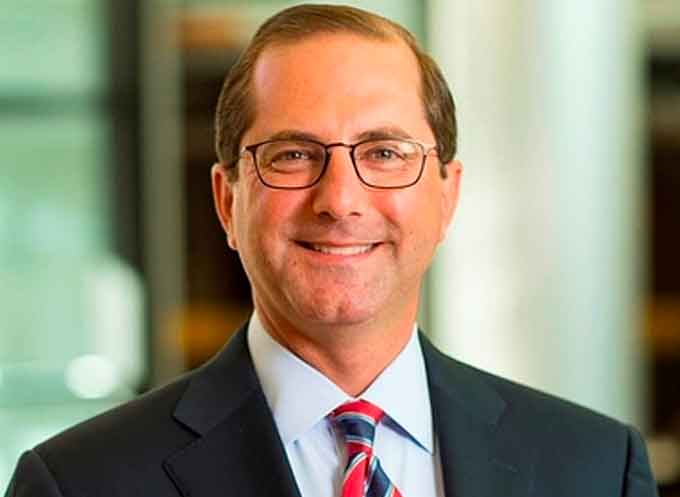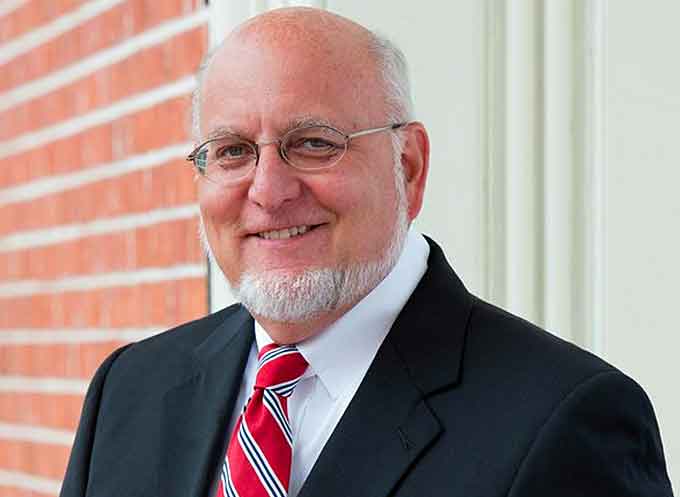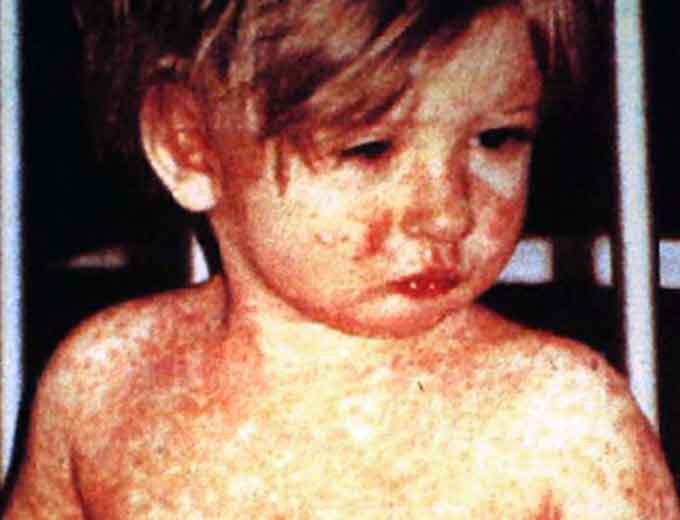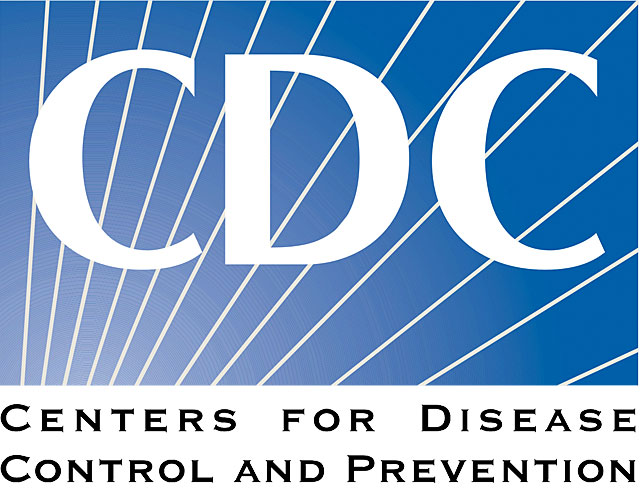As of 3 p.m. Wednesday, the CDC has reported 695 cases of measles from 22 states, which is the greatest number of cases reported in the United States since measles was eliminated from the country in 2000.
The recent outbreaks started through importation.
Measles is imported when an unvaccinated traveler visits a country where there is widespread measles transmission, gets infected with measles, and returns to the United States and exposes people in a community who are not vaccinated.
When measles is imported into a community with a highly vaccinated population, outbreaks either don’t happen or are usually small.
However, once measles is in an under-vaccinated community, it becomes difficult to control the spread of the disease.
(Nearly 300 students and staff at two major Southern California universities are under quarantine as health officials warn they might have been exposed to measles. At UCLA, some students are still at risk after a contagious student attended classes. It comes after the national outbreak hit the highest level in 25 years. Courtesy of CBS this Morning and YouTube. Posted on Apr 26, 2019.)
“The United States is seeing a resurgence of measles, a disease that had once been effectively eliminated from our country,” explained Health and Human Services Secretary Alex Azar, in a statement.
“And today, the Centers for Disease Control and Prevention has confirmed that ongoing measles outbreaks in 22 states has led to the highest number of cases reported nationwide since the disease was declared eliminated in this country in 2000.”
“Measles is not a harmless childhood illness, but a highly contagious, potentially life-threatening disease. We have the ability to safely protect our children and our communities.”

“Vaccines are a safe, highly effective public health solution that can prevent this disease.”
“The measles vaccines are among the most extensively studied medical products we have, and their safety has been firmly established over many years in some of the largest vaccine studies ever undertaken.”
“With a safe and effective vaccine that protects against measles, the suffering we are seeing is avoidable. The CDC is ready to support public health departments in monitoring and responding to outbreaks, and will continue to receive, review, and compile the latest reports of measles cases.”
The high number of cases in 2019 is primarily the result of a few large outbreaks – one in Washington State and two large outbreaks in New York that started in late 2018.
The outbreaks in New York City and New York State are among the largest and longest lasting since measles elimination in 2000.
The longer these outbreaks continue, the greater the chance measles will again get a sustained foothold in the United States.
(For kids born between 1994 and 2018, vaccination will prevent an estimated 419 million illnesses, 26.8 million hospitalizations, and 936,000 deaths in their lifetimes. Courtesy of the Centers for Disease Control and Prevention (CDC) and YouTube. Posted on Apr 14, 2019.)
Stopping these measles outbreaks is a priority for CDC and we are working 24/7 to protect Americans from this contagious disease.
Vaccination is the best way to protect against measles.
Today, the overwhelming majority of parents choose to protect their children with vaccines, and we’ve seen high and stable immunization rates in the U.S. for several years.

“This current outbreak is deeply troubling and I call upon all healthcare providers to assure patients about the efficacy and safety of the measles vaccine,” added CDC Director Robert Redfield.
“And, I encourage all Americans to adhere to CDC vaccine guidelines in order to protect themselves, their families, and their communities from measles and other vaccine preventable diseases.”
“We must work together as a Nation to eliminate this disease once and for all.”
“All Americans would be safer and healthier if we received measles vaccines on the recommended schedule.”
“Next week is a significant opportunity to educate ourselves on the importance of vaccines, as we mark National Infant Immunization Week.”
“The Department of Health and Human Services will undertake a comprehensive campaign to reinforce the message that vaccines are safe and effective ways to protect your children, your family, yourself, and your neighbors.”
To Learn More about who should get the measles vaccine, please visit https://www.vaccines.gov/diseases/measles.

















